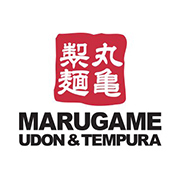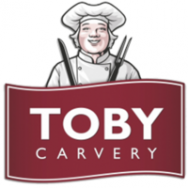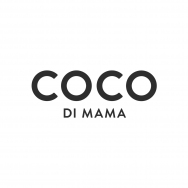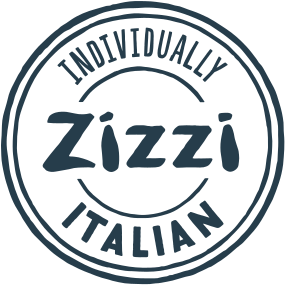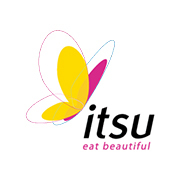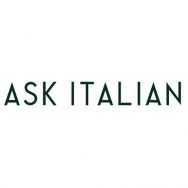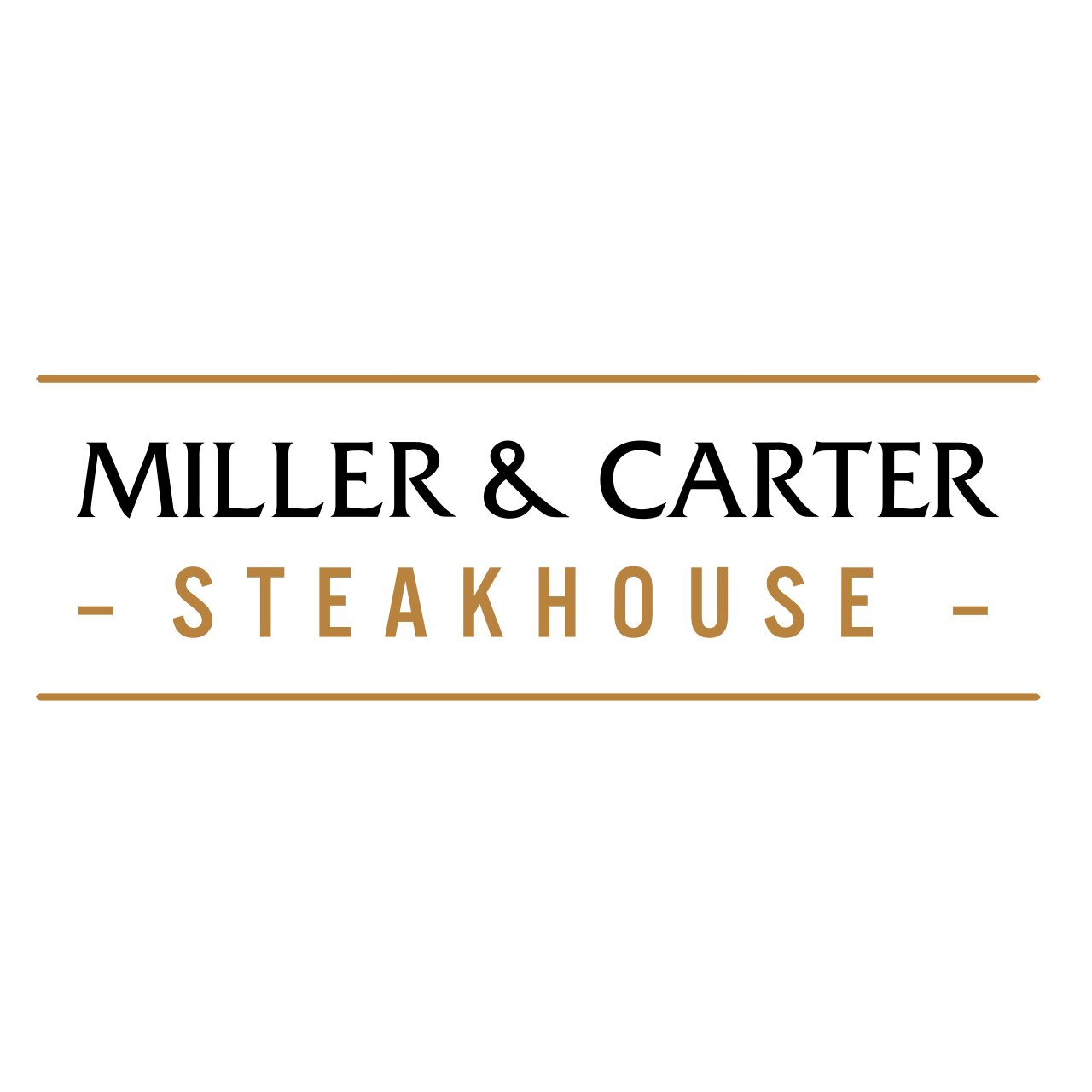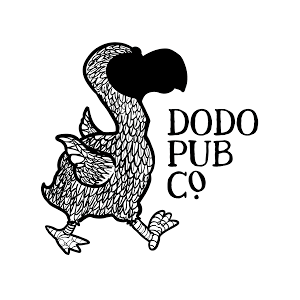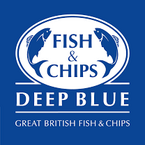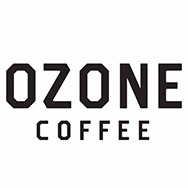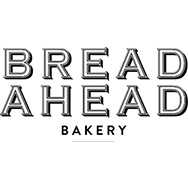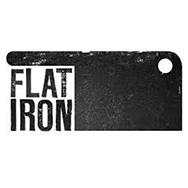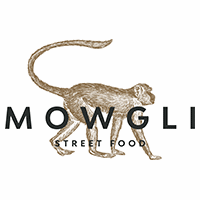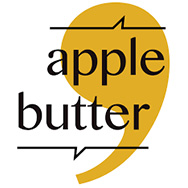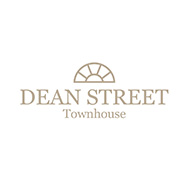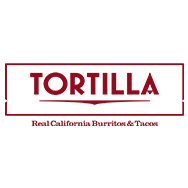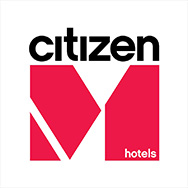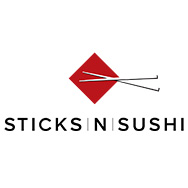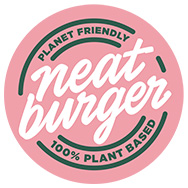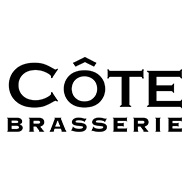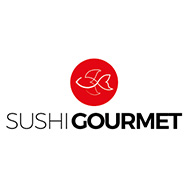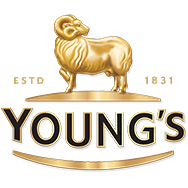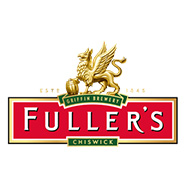As the popularity of vegan options continues to rise across the hospitality sector, it’s important to remember that these dishes are not automatically free from allergen risks. In fact, recent trends show a growing number of allergic reactions linked to vegan foods, with vegan “ice cream” in particular presenting challenges.
To help you protect your customers and your business, our experts at Food Alert have put together this guidance on the key risks and practical steps you can take to manage them effectively.
There are two key areas to be aware of:
1- Sometimes customers with food allergies, particularly those with allergies of animal-origin (milk, egg, fish, molluscs and crustaceans) may not disclose their allergies when ordering vegan dishes, assuming they are safe to eat.
However, they could be prepared in areas or factories where these allergens may be present and therefore unintentional contamination could have occurred. This should be assessed and if a risk of unintentional cross contamination is identified, this should be made clear to the consumer.
Whether a risk of accidental cross contamination is identified by manufacturer ‘may contain’ labelling or by assessment of production practices in your hospitality business’ kitchen, it should be passed on via the allergen information you provide to your customers.
You may also wish to consider asking customers ordering vegan foods if they have any allergies if none have been declared, so you can let them know about any ‘may contain’ information relating to animal-origin allergies prior to ordering, allowing your customers to make an informed decision about what to eat.
2- Vegan “ice cream” is typically made using milk substitutes, often derived from allergens including nuts and soya and, because of the manufacturing environment, can often contain traces of other food allergens, such as milk and eggs.
Top tips for managing allergens and ice cream:
- Consider how you store your ice creams. If they’re stored in a display freezer, try to separate these through distance where possible.
- Make sure ice creams are correctly labelled during storage and display, so staff are confident about what they’re serving.
- Try to avoid storing scoops in the same container or rinse scoops in the same water tub between scoops. Consider using separate scoops where possible, especially for vegan “ice cream” and ice cream containing nuts.
- Implement other cross contact controls, such as making sure the area and utensils are clean and free of allergenic contaminants beforehand.
- Clearly communicate with your customers about allergens and educate staff around allergens in vegan “ice cream”.
- Train your staff to communicate clearly and effectively when it comes to serving customers with food allergies.
- Make sure ‘may contain’ allergen information is also available and provide this information to the customer, especially for vegan “ice cream”.
Need a hand managing your Food Safety?
Whether it’s improving an existing Food Hygiene Rating or getting ahead of that first inspection for a new opening, Food Alert’s team of qualified Environmental Health Practitioners are on-hand to help. Just pop your details in the form and we’ll be in touch!
Take a look at our free resources
From top tips to checklist and guides, our team of experts have put together a suite of free resources to help you with your food safety!
Pop your details in the form below to access your download
Brands we protect
From internationally recognised brands with sites all over the country to small, family-run independent businesses, our team of experts and customisable software can help.




